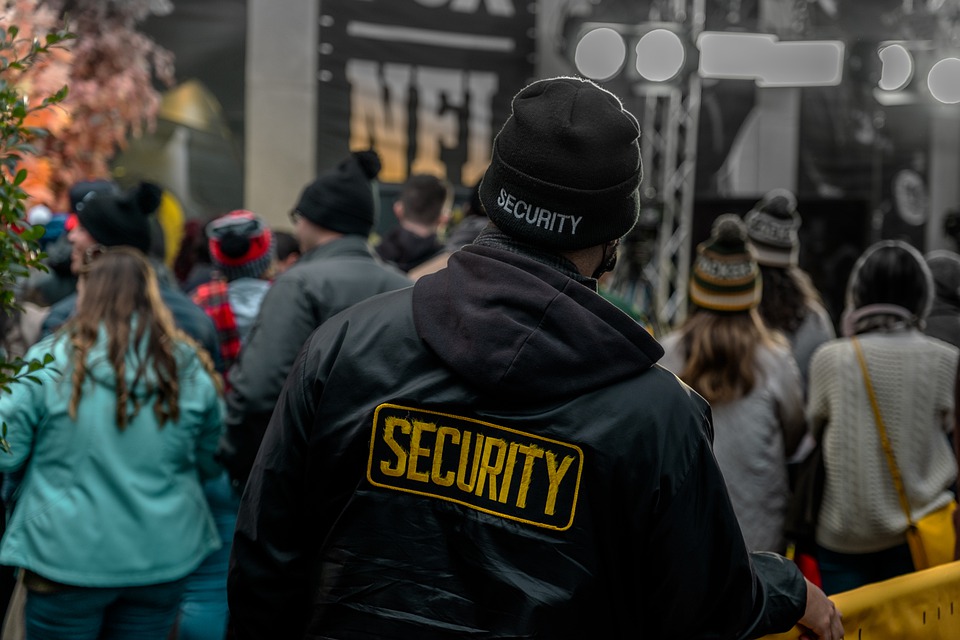
Because of their interconnectedness with daily operations, security guards are considered essential workers. Security personnel's role includes monitoring entry and exit points. They are responsible to secure buildings and prevent intruders from entering. Visitors are also asked to sign a visitor's book and indicate their expected time of exit. Some organizations even collect visitor ID cards. They are vital workers with high-profile jobs. Security guards must not only ensure safety for the building and its tenants, but also look out for safety hazards and potential risks. They must be able and willing to help in an emergency. They are often required to be alert and respond quickly to dangerous situations. A fire can break out due to gas leaks. They must ensure that gas cylinders are in working order. They must also inspect buildings for any damaged or missing parts. Security guards must assess the safety of their workplace and clients in addition to checking the safety if the building. They must be able and quick to respond to any emergency. They must be prepared for possible injuries to the public. Gas leaks can lead to a fire outbreak if not secured properly. They must be inspected on a regular basis. They must also keep an eye on the parts of the building that have been tampered with. Security guards must not only be vigilant for security, but also need to be sensitive to the needs and wants of customers. They must be able to treat patients with respect and professionalism, no matter if they are working in a retail store or a healthcare facility. They must also be quick to respond to emergencies. Taking quick action is important, as any mishap may result in injury. A gas cylinder that leaks could cause a fire, so guards must ensure that gas cylinders work properly and that other building components are not altered. Security guards Melbourne are responsible not only for protecting clients and property, but also for customer service. They should be able to communicate with customers as if they were their customers. A guard should be able resolve customer problems quickly, regardless of whether it is their problem. If they have an issue, they should not hesitate to contact the company owner. If they aren’t satisfied, they can complain. Guards must also check for safety risks. They are responsible to ensure the safety of clients and property. They must be ready to act quickly in times of crisis. They should be prepared for potentially dangerous situations like fire. They must also inspect any damaged or missing building parts. They must be able and willing to communicate with customers in a friendly manner. They must be able to make them feel comfortable and at ease. In addition to providing safe, secure spaces for clients, security guards must ensure the safety of the properties and the people in them. Their job also involves keeping the customers happy and safe. They must be able listen to their customers and address their concerns. Security guards are crucial in customer service by being attentive to the needs of their clients. They are vital workers in healthcare. The state's laws and regulations govern their training requirements. Their job responsibilities include ensuring the safety and security of clients and property. They must be able to deal with dangerous situations such as fire and gas leaks. They are therefore essential workers. They must be available at all times and act like customers. In such situations, they should be attentive and responsive to the needs of their clients. If they aren't satisfied with their services, they should be informed about the situation. Security guards must be able interact with their customers and ensure their clients' safety. They must maintain eye contact and keep the conversation quiet. They must also be quick to respond to emergencies. Security guards must be ready to react quickly to any signs of danger. A faulty gas cylinder can lead to a fire. Security guards must make sure that the building is safe from all sides.



